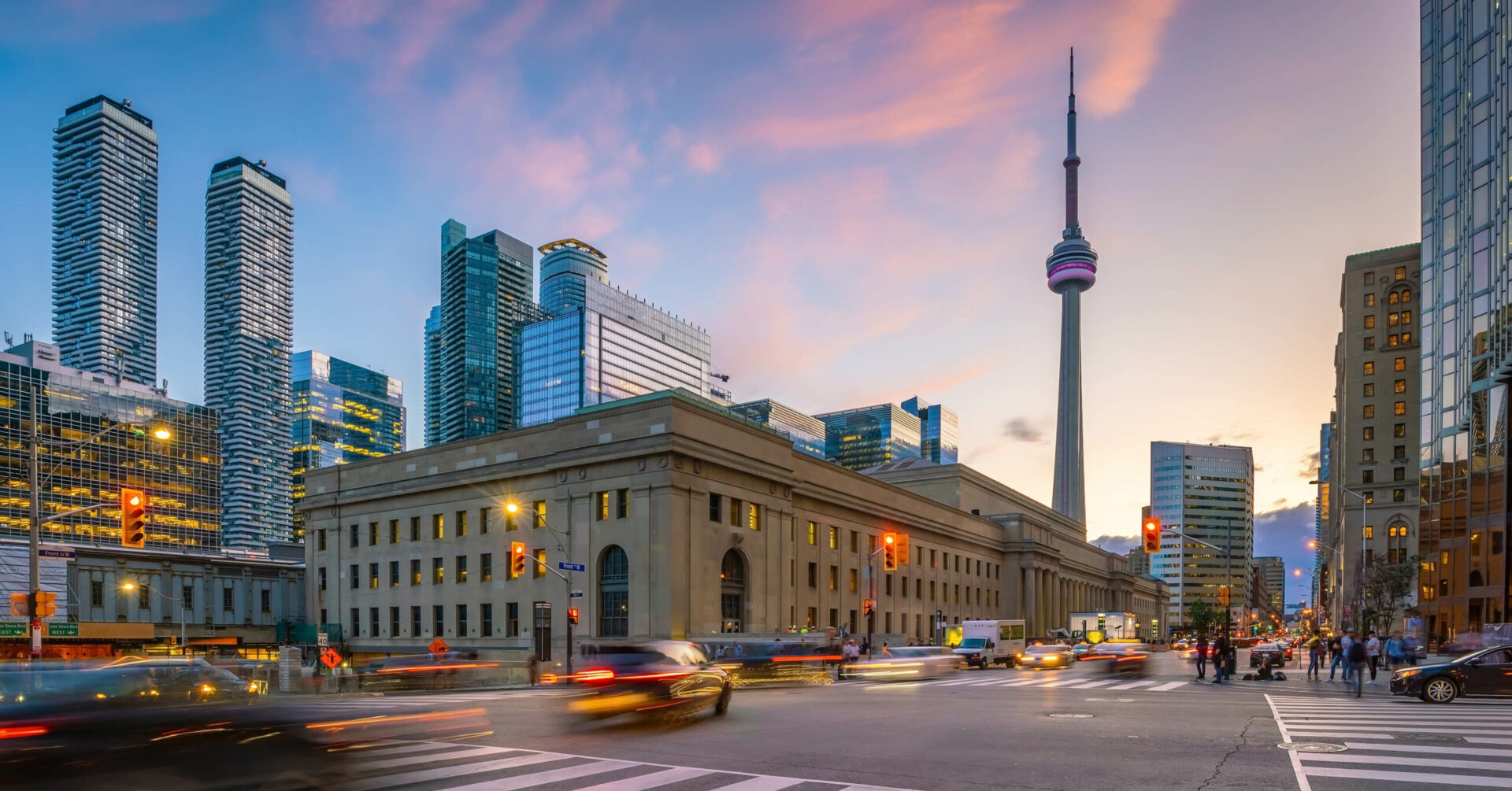Appeals
The primary organization that considers immigration appeals in Canada are divisions of the Immigration and Refugee Board of Canada (IRB). The IRB is an independent administrative tribunal responsible for making decisions on a wide range of immigration and refugee matters. Appeals at the IRB occur within two of its four divisions: the Refugee Appeal Division (RAD) and the Immigration Appeal Division (IAD). Each division handles different types of appeals.
Refugee Appeal Division (RAD)
The RAD hears appeals from decisions made by the Refugee Protection Division (RPD) regarding refugee claims.
The Refugee Appeal Division (RAD) considers appeals against decisions of the Refugee Protection Division (RPD) that have either allowed or rejected claims for refugee protection.
The time limit for a person or the Minister to file an appeal to the RAD against a decision of the RPD is 15 days after the day on which the person or the Minister receives written reasons for the decision.
No appeal to the RAD may be made in the following situations:
(1) a decision of the RPD in respect of a claim made by a designated foreign national;
(2) a determination by the RPD that a claim was withdrawn or abandoned;
(3) a decision of the RPD rejecting a claim that states that the claim has no credible basis or is manifestly unfounded;
(4) a decision of the RPD in respect of a claim that was referred based on an exception to the Safe Third Country Agreement;
(5) a decision of the RPD in respect of the Minister’s application for a determination that refugee protection has ceased;
(6) a decision of the RPD in respect of the Minister’s application to vacate a decision to allow a claim for refugee protection;
(7) the claim has been deemed rejected because of an order of surrender under the Extradition Act;
(8) a decision of the RPD following a hearing that had been commenced by the CRDD;
(8) a decision of the CRDD made before December 15, 2012;
All failed claimants can still ask the Federal Court to review a negative decision.
Immigration Appeal Division (IAD)
The IAD hears appeals on various immigration-related matters.
Types of appeals heard by the IAD:
1. Sponsorship Appeals (Family Class Sponsorship Appeals): Canadian citizens or permanent residents can appeal if their application to sponsor a family member for permanent residence is refused by IRCC.
If a Canadian citizen or permanent resident files an application to sponsor a foreign national as a member of the family class, and the application for a visa is refused, the sponsor may appeal the refusal of the application to the IAD.
However, there is no right of appeal to the IAD if the foreign national (applicant) is inadmissible on the following grounds:
(1) security, violating human or international rights;
(2) serious criminality with respect to a crime that was punished in Canada by a term of imprisonment of at least 6 months or a crime that is described in paragraph 36(1)(b) or (c) of the Immigration and Refugee Protection Act;
(3) organized crime; or
(4) misrepresentation (unless the foreign national in question is the sponsor’s spouse, common-law partner or child).
To file an appeal to the IAD, the sponsor must submit a Notice of Appeal and the written reasons for refusal to the IRB registry no later than 30 days after the appellant received the reasons for the refusal of the application.
2. Residency Obligation Appeals: Permanent residents who have been determined by an immigration officer outside Canada to have not met their residency obligations can appeal.
Permanent residence status may be lost if a permanent resident failed to comply with the residency. To maintain his/her permanent residence status, a person must physically reside in Canada for 730 days out of every five years.
The residency obligation must be met for each five-year period at examination at a port-of-entry (POE):
(1) if a person has been a permanent resident for less than five years, he/she must meet the residency obligation immediately after becoming a permanent resident; and
(2) if a person has been a permanent resident for five years or more, he/she must meet the residency obligation immediately before the examination.
Note, there are several exceptions to the residency obligation where a permanent resident resides as follows:
(1) outside Canada while accompanying a Canadian citizen who is his spouse or common law partner or, in the case of a child, his parent;
(2) outside Canada while employed on a full-time basis by a Canadian business or in the federal public administration or the public service of a province; or
(3) outside Canada while accompanying a permanent resident who is his spouse or common law partner or, in the case of a child, his parent and who is employed on a full-time basis by a Canadian business or in the federal public administration or the public service of a province.
Inside Canada
If the permanent resident is inside Canada, and the officer concludes the 730-day physical residence obligation has not been met, the office will issue a departure order. The departure order will require the permanent resident to leave Canada. However, the decision to issue a departure order may be appealed to the IAD.
Outside Canada
A permanent resident outside Canada may appeal an officer’s decision that he has lost his permanent resident status. To do so, the appellant must provide the IAD with a notice of appeal along with the officer’s written decision, which must be de-livered to the registry closest to where the appellant last resided in Canada within 60 days after receiving the written decision.
A permanent resident shall be issued a travel document if an officer is satisfied that:
(1) they were physically present in Canada at least once in the last 365 days;
(2) they have made an appeal; or
(3) the period for making an appeal has not expired.
When a permanent resident is not eligible for a travel document, he/she may apply to the IAD requesting to return to Canada for their hearing. Applications must be filed no later than 60 days after the notice of appeal is filed. If the IAD is satisfied that the presence of the permanent resident at the hearing is necessary, they will order that the permanent resident physically appear at the hearing and will issue a facilitation visa.
3. Removal Order Appeals: Permanent residents, protected persons, and holders of permanent resident visas who have been ordered removed from Canada may appeal. There are exceptions based on the grounds of inadmissibility (e.g., serious criminality, security reasons).
4. Minister’s Appeals: The Minister of Public Safety can appeal decisions made by the Immigration Division (ID) where the ID found a person not inadmissible.




